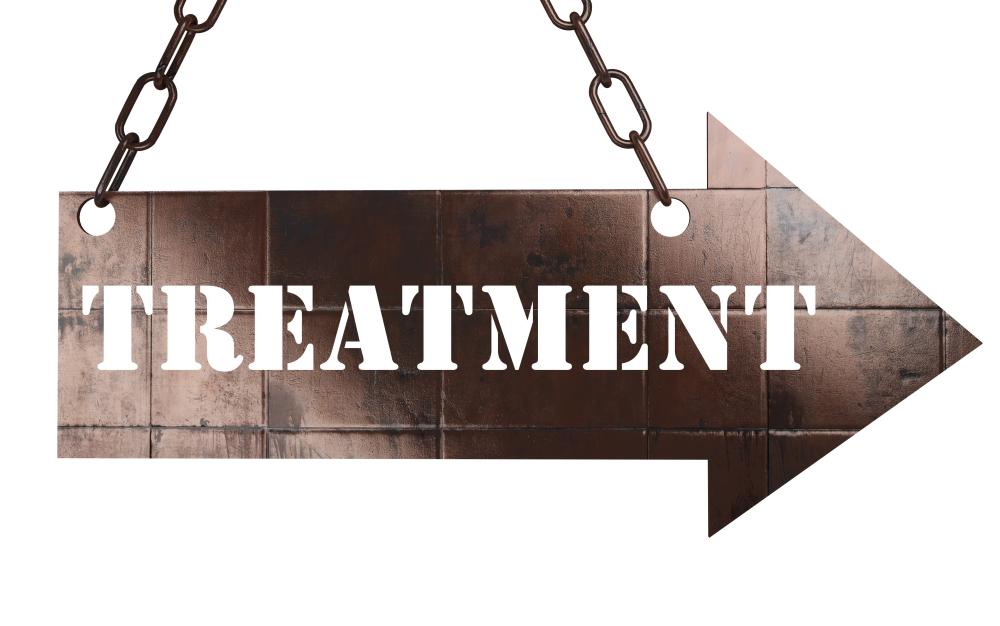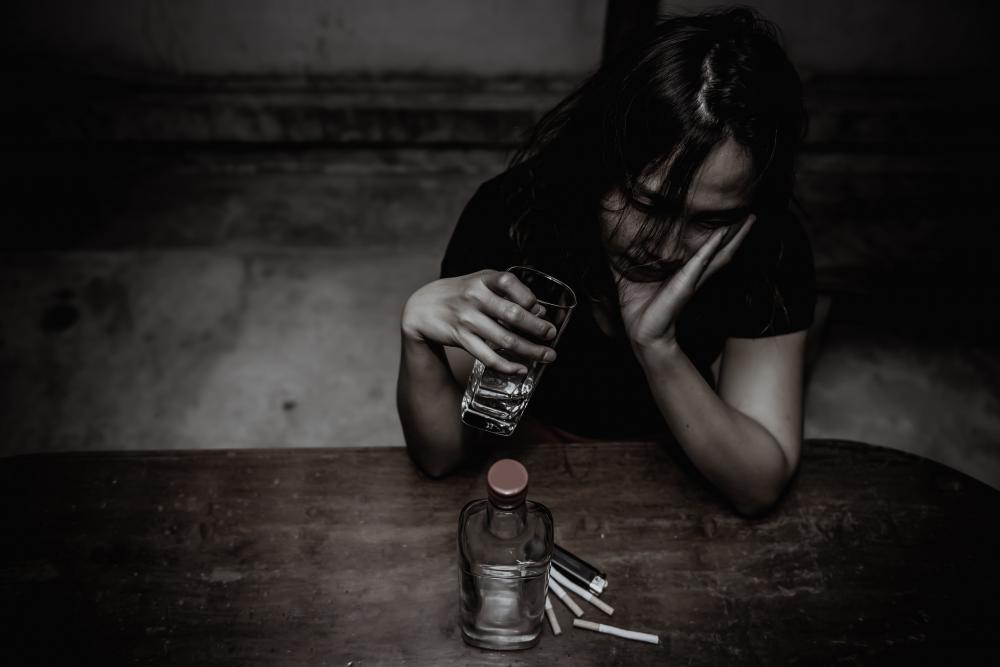
Understanding Addiction Outpatient Treatment Ventura
When exploring options for overcoming substance abuse, addiction outpatient treatment Ventura offers a flexible yet rigorous approach to recovery. This method is particularly beneficial for those who require professional treatment services but also need to maintain their daily responsibilities such as work, school, or family commitments. At Channel Islands Rehab, we recognize the complexity of addiction and the importance of providing a treatment that addresses individual needs through a personalized plan.
The cornerstone of our outpatient program is the Channel Islands Total Immersion Method, which envelops clients in a comprehensive treatment experience designed to heal both the body and mind. This unique approach combines medically assisted detox and treatment, evidence-based modalities, and a wide range of therapeutic activities to foster recovery in a supportive and engaging environment. Our goal is to empower individuals to achieve lasting sobriety while seamlessly integrating their treatment into daily life.
Services Offered
Comprehensive Outpatient Programs
At Channel Islands Rehab, our addiction outpatient treatment Ventura is structured to offer a variety of services tailored to meet the diverse needs of our clients. From initial assessment through to ongoing support, our team is dedicated to ensuring each individual finds the path that best suits their journey to recovery.
- Medically Assisted Detox and Treatment: Utilizing the latest in medical research to provide a safe and comfortable withdrawal process.
- Individualized Treatment Plans: Crafting personalized recovery plans that address the underlying causes of addiction.
- Evidence-Based Therapies: Incorporating proven therapeutic techniques to foster emotional and psychological healing.
- Life Skills Training: Equipping clients with the tools they need for sober living outside of treatment.
Specialized Support and Care
In addition to our core services, we understand the importance of specialized care for certain groups such as veterans, young adults, and women. Our outpatient program includes tailored components to address the unique challenges faced by these populations, ensuring that care is as inclusive and effective as possible.
The Channel Islands Rehab Difference
What sets Channel Islands Rehab apart in the realm of addiction outpatient treatment Ventura is not just our comprehensive suite of services, but also our commitment to creating a deeply personalized and compassionate treatment experience. Our small staff boasts over 140 years of collective experience in addiction treatment and recovery, enabling us to offer unparalleled expertise and care.
Our serene location near Silver Strand Beach further enhances our treatment offerings, providing a tranquil backdrop for reflection and healing. The proximity to the ocean allows for therapeutic activities such as paddleboarding, yoga, and horseback riding, integrating physical wellness into the recovery process. We believe that healing comes not only from addressing the addiction itself but also from nurturing the body and spirit in a holistic manner.
Given the complexities of addiction, we understand that no single approach is suitable for everyone. This understanding drives our commitment to offering a range of outpatient services, ensuring that those in need can access the right support at the right time. Our Channel Islands Total Immersion Method embodies this principle, offering a blend of advanced medical treatments, therapeutic activities, and supportive care tailored to the individual’s needs.
Navigating the Path to Lasting Recovery
Channel Islands Rehab’s approach to addiction outpatient treatment Ventura is designed not only to achieve sobriety but to maintain it. By focusing on the underlying issues that contribute to substance use disorders, we empower our clients with the knowledge and skills needed for long-term success. Our aftercare and relapse prevention strategies ensure that clients feel supported even after they have completed our program, fostering a sense of community and ongoing growth.
The journey to recovery is a deeply personal one, filled with challenges and triumphs. At Channel Islands Rehab, we are committed to walking this path alongside our clients, offering guidance, support, and expertise every step of the way. If you or a loved one are seeking support for substance abuse, consider the compassionate, professional care offered through our addiction outpatient treatment Ventura. Together, we can navigate the road to recovery and work towards a brighter, substance-free future.

Exploring Drug Outpatient Ventura
At Channel Islands Rehab, our commitment to providing exceptional care for individuals seeking recovery from drug addiction drives our Drug Outpatient Ventura program. Our unique proximity to the calming waves and serene landscapes of Ventura County bolsters our holistic approach to addiction treatment. We believe in the power of environment in facilitating healing, and our outpatient services in Ventura mirror this philosophy.
The Channel Islands Total Immersion Method
The heart of our outpatient program is the Channel Islands Total Immersion Method, a testament to our belief that recovery is a transformative journey that encompasses mind, body, and spirit. This method is not just an approach but a pledge to those we serve, promising comprehensive, individualized treatment plans that address the root causes of addiction.
The immersion method integrates scientifically backed strategies with humanistic therapies, ensuring a balanced treatment that respects the complexity of addiction. From medically assisted detox to specialized therapy sessions, our program is designed to provide the support needed for each step towards sobriety. By treating not just the symptoms but the underlying issues, we aim to empower our clients with the tools for lasting change.
Holistic Healing and Unique Activities
Incorporating activities such as yoga, paddleboarding, and art therapy, we emphasize the importance of physical well-being in recovery. These activities are not just pastimes; they’re integral parts of the healing process, offering individuals a chance to explore new hobbies and interests that can contribute to a fulfilling, substance-free lifestyle.
Tailored Treatment and Community Support
Understanding that each journey to recovery is unique, Drug Outpatient Ventura at Channel Islands Rehab is characterized by its bespoke treatment plans. Our team of seasoned professionals works closely with each individual to develop a tailored approach that addresses specific needs and goals. This personalized care extends beyond the confines of therapy sessions to include a robust support system, fostering a sense of community among clients.
Group therapy sessions serve as a cornerstone of our program, providing a platform for sharing experiences and offering mutual support. By cultivating an environment where individuals feel understood and not alone, we enhance the recovery journey, making it a shared experience.
Drug Outpatient Ventura also recognizes the crucial role of family in the recovery process. Through our comprehensive Family Program, we engage loved ones in the healing journey, providing education and support to strengthen these critical relationships. This collaborative approach ensures that our clients have a strong support network, crucial for maintaining sobriety.
- Individualized treatment plans tailored to each client’s needs
- Comprehensive support for physical, emotional, and psychological well-being
- Activities aimed at holistic healing and personal growth
- Group therapy sessions for community support and mutual encouragement
- Family engagement in the recovery process
Our Drug Outpatient Ventura services stand as a testament to Channel Islands Rehab’s dedication to creating paths to lasting recovery. By combining evidence-based practices with innovative therapies and strong community support, we offer a sanctuary for healing and transformation. As we guide our clients through their journey, we remain committed to the mission of not just overcoming addiction, but thriving in sobriety.
Understanding Adult Outpatient Addiction Treatment Ventura
At Channel Islands Rehab, we know that taking the first step towards recovery is often the hardest. Our adult outpatient addiction treatment Ventura program is crafted to provide individuals with an accessible path to recovery, ensuring they can balance treatment with their everyday lives. We’ve seen firsthand how addiction does not discriminate, affecting individuals from all walks of life, and we’ve dedicated ourselves to offering a beacon of hope to those in need.
Our approach goes beyond traditional treatment methods by incorporating the Channel Islands Total Immersion Method. This innovative program is designed to unearth the root causes of addiction, offering a blend of medically-assisted detox, evidence-based therapies, and holistic treatments. Our commitment to this approach stems from our understanding that addiction is a multifaceted illness, requiring a comprehensive and individualized strategy to overcome.
The Channel Islands Difference
The Complete Healing Environment
Set just a block away from Silver Strand Beach, our facility offers a serene backdrop for recovery. The calming ocean breeze and tranquil environment play a crucial role in our healing process, promoting relaxation and reflection. We believe in nurturing both the body and mind, which is why nutritious meals prepared by accomplished chefs and physical activities ranging from yoga to paddleboarding are integral components of our program.
Personalized and Compassionate Care
Our small, dedicated team brings over 140 years of collective experience to the table, enabling us to offer highly personalized attention to each individual. By establishing a deep trust between our staff and those we treat, we create a supportive and understanding environment crucial for recovery. It’s this personal touch, combined with our professional expertise, that sets our adult outpatient addiction treatment Ventura apart.
The Path to Long-Term Recovery
Another unique aspect of our program is the emphasis on preparing individuals for life after treatment. Through our comprehensive Family Program, we engage loved ones in the recovery process, offering education and support to ensure lasting change. Additionally, our specialized outpatient services in Ventura, including detox and recovery programs, are designed to continue supporting individuals as they reintegrate into their daily lives, bolstering their resilience against relapse.
Embracing the Journey Together
Deciding to seek help for addiction is a courageous act, and at Channel Islands Rehab, we’re here to support you every step of the way. From the moment you reach out for a confidential consultation, we prioritize your needs, crafting a path to recovery that respects your individual journey. Our adult outpatient addiction treatment Ventura is more than a program–it’s a promise to walk alongside you, offering the guidance, care, and compassion needed to reclaim your life.
Our commitment to excellence in treatment is matched by our dedication to your well-being. We believe that by providing a comprehensive, caring, and personalized treatment experience, we can help you achieve not just recovery, but a renewed sense of purpose and joy. The journey may be challenging, but with Channel Islands Rehab, you’re not alone. Together, we can foster hope, healing, and a brighter future.

What is another name for a residential treatment facility?
Another term often used for a residential treatment facility is an ‘inpatient rehab center’. These facilities offer round-the-clock care and support for individuals grappling with addiction. They provide a structured environment where participants can focus solely on their recovery journey, free from the distractions and triggers of their daily life. In our experience at Channel Islands Rehab, the immersive nature of inpatient care plays a crucial role in helping individuals establish a solid foundation for their sobriety.
What do you say to someone who just got out of rehab?
When someone completes their treatment and is about to embark on their journey of recovery outside the rehab, it’s essential to offer words of encouragement and support. You might say, “I’m proud of you for the hard work and dedication you’ve shown. Remember, recovery is a journey, not a destination, and I’m here for you every step of the way.” It’s important to acknowledge their progress while also reinforcing the concept that recovery is an ongoing process. At Channel Islands Rehab, we emphasize to the families and friends of our clients the importance of providing a supportive environment that fosters growth and resilience.
What is SAMHSA’s definition of addiction?
According to the Substance Abuse and Mental Health Services Administration (SAMHSA), addiction is characterized by a clinically significant impairment caused by the recurrent use of alcohol, drugs, or other substances. It includes both a physical dependency, where discontinuation of the substance leads to withdrawal symptoms, and a psychological dependency, where the use of the substance becomes a way to cope with stress, anxiety, or other emotional issues. At Channel Islands Rehab, we align with SAMHSA’s comprehensive approach to addiction, viewing it as a complex condition that affects the brain’s structure and function, requiring a multifaceted treatment strategy.
How much does Seasons Malibu cost?
As an organization dedicated to providing compassionate and effective treatment, we understand that the cost of rehab is a significant concern for many. While we are not Seasons Malibu and therefore cannot provide specific pricing for their services, it’s well-known that the cost of treatment can vary widely depending on the facility, the length of stay, and the specific program or services provided. At Channel Islands Rehab, we are committed to transparency and helping our clients navigate their financial options, including insurance coverage and possible financing plans, to ensure that those in need can access our life-changing services.
How does addiction outpatient treatment in Ventura accommodate individuals with busy schedules?
Outpatient treatment offers a level of flexibility that is essential for individuals who have work, school, or family commitments that they cannot abandon. At Channel Islands Rehab, our Ventura outpatient program is designed to be adaptable, allowing clients to schedule treatment sessions around their existing responsibilities. This flexibility ensures that recovery can be integrated into daily life, proving that a successful treatment outcome is possible without having to step away from every-day obligations. It’s about finding the right balance and providing the support necessary for clients to manage their recovery journey alongside their daily routines.
What are common misconceptions about outpatient treatment for addiction?
One common misconception is that outpatient treatment is less effective than inpatient treatment. This is not necessarily true. Outpatient treatment can be just as effective, especially for individuals in the early stages of addiction or those who have strong support systems at home. Another misconception is that outpatient programs are a ‘one size fits all’ solution. At Channel Islands Rehab, we tailor our outpatient services to meet the specific needs of each individual, incorporating a variety of therapeutic modalities and support structures to ensure the best possible outcome for recovery.
What distinguishes the Drug Outpatient Ventura program at Channel Islands Rehab?
The Drug Outpatient Ventura program at Channel Islands Rehab is characterized by its holistic approach to treatment, integrating both medical and therapeutic strategies to address addiction. Our proximity to the calming environment of Silver Strand Beach allows us to offer unique therapeutic activities that promote physical wellness and mental health. The personalized care provided by our experienced team, combined with our commitment to utilizing evidence-based practices, sets our program apart. We believe in treating the whole person, not just the addiction, which is reflected in the success stories of our clients.
How does Channel Islands Rehab involve families in the recovery process?
Family involvement is a cornerstone of our treatment approach at Channel Islands Rehab. We understand that addiction affects not just the individual but their entire support network. Our comprehensive Family Program is designed to educate and engage loved ones in the recovery process, providing them with the tools they need to support the individual’s journey to sobriety. Through family therapy sessions, educational workshops, and support groups, we foster a healing environment that extends beyond our facility, ensuring that our clients have a strong foundation of support as they transition back into their daily lives.
